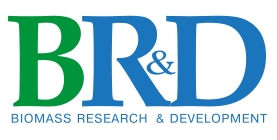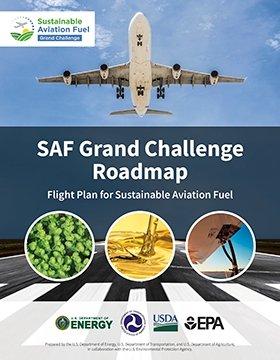
The objective of this action area is to provide data, tools, and analysis to support policy decisions and maximize social, economic, and environmental value of sustainable aviation fuel (SAF). Workstreams in this action area will evaluate the impact of existing and new policies to address key barriers that prevent production and use of SAF. Data and analytical tools will be used to demonstrate where policy needs to be developed to address major production challenges and enhancements to emission reductions. Workstreams will develop improved environmental models and data for SAF, conduct techno-economic and production potential analysis, and inform SAF policy development and coordination. Key activities include engagement and collaboration with key stakeholder groups, including nongovernmental organizations and international organizations such as the International Civil Aviation Organization (ICAO), on data and method development. Coordination across federal agencies has started on key topics such as life cycle analysis with the formation of a multi-agency working group. Other activities are being coordinated via the Biomass Research and Development Board's Sustainable Aviation Fuel Interagency Working Group.
Key Actions and Workstreams Supporting SAF Policy and Valuation Analysis
|
Download the full version of the SAF Grand Challenge Roadmap: Flight Plan for Sustainable Aviation Fuel. |
- Develop improved environmental and socioeconomic data and analytical tools for SAF to ensure environmental integrity and appropriately account for SAF emission reduction benefits.
- Conduct techno-economic and production potential analysis by expanding and refining modeling capabilities to inform research development, demonstration, and deployment of SAF, and evaluate the opportunities and scenarios necessary to meet goals and provide direction.
- Inform SAF policy development by identifying opportunities and strategies to improve and coordinate existing policy and regulatory mechanisms that can increase availability of SAF.
2030 Policy and Valuation Analysis Impact Highlight
Convene Life Cycle Analysis Working Group
A life cycle greenhouse gas emissions working group has been convened. As requested by the SAF Grand Challenge memorandum of understanding, this working group will define and agree on the appropriate science-based methodology for establishing life cycle emissions reductions under the SAF Grand Challenge, recognizing the need for credibility and taking note of consistency with international criteria, such as those developed by ICAO. The working group will focus on domestic needs for life cycle greenhouse gas emissions analysis.

